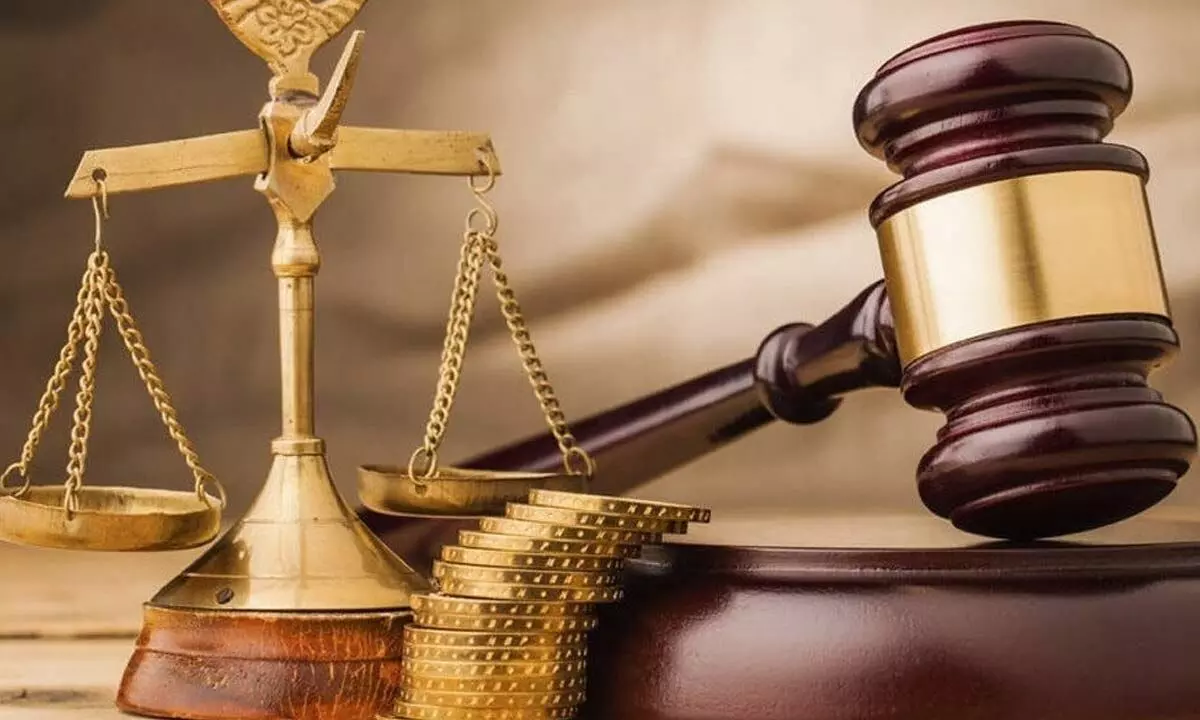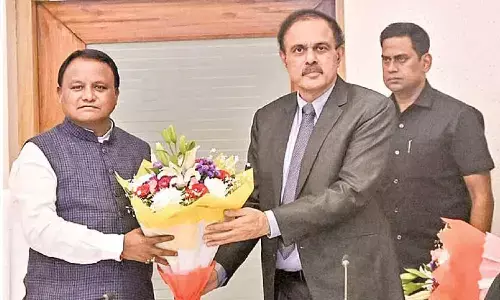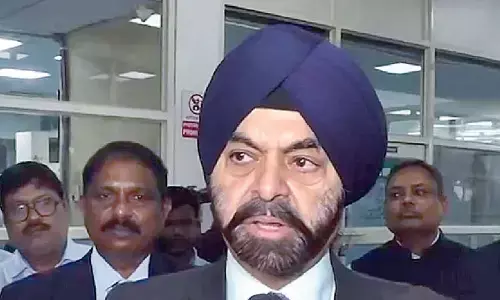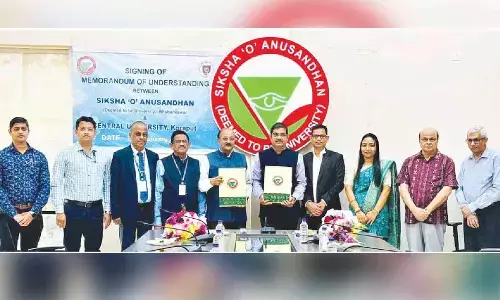Find ways to deliver justice expeditiously

Come down hard on hardcore anti-nationals!
The 39th conference of Chief Justices of High Courts was held on the Supreme Court premises on Saturday and was chaired by Chief Justice of India (CJI) NV Ramana
The 39th conference of Chief Justices of High Courts was held on the Supreme Court premises on Saturday and was chaired by Chief Justice of India (CJI) NV Ramana. Today, that is April 30, the joint conference of Chief Ministers and Chief Justices is being held at Delhi's Vigyan Bhawan. It will be inaugurated by Prime Minister Narendra Modi.
The two events are being organised at the behest of the CJI with an aim to address various issues concerning the judiciary. The first one was held to review the progress of the resolutions taken at the 2016 meet. Our Supreme Court has been facing several problems for a long time.
The Indian judiciary acts as a guardian of the Constitution of India and protects the fundamental rights of the society, thus making it the most important organ for the citizens of India. It is one of the oldest legal systems and still follows the features it inherited from the British judicial system. The Indian judiciary system follows the 'common law system' of legal jurisdiction. Common law is the law developed by the judges and it binds the future decisions.
If the present rate of disposal continues, civil cases would never be disposed of and the criminal cases will take more than 30 years. An honest admission would mean agreeing that the Indian judiciary system has failed to deliver justice expeditiously. This delay in justice has proved to be one of its biggest drawbacks. Delay in justice implies the time taken to dispose of a case, in excess of the time which should be reasonably consumed by the court to decide the case creating disillusionment amongst the litigants and it also undermines the capability of the judiciary system. The delay has led to a pendency of 2.84 crore cases in the subordinate courts, the backlog clogging the High Courts and the Supreme Court (SC) is 43 lakh and 57,987 cases, respectively.
According to National Judicial Data Grid (NJDG), the five states which account for the highest pendency are Uttar Pradesh (61.58 lakh), Maharashtra (33.22 lakh), West Bengal (17.59 lakh), Bihar (16.58 lakh) and Gujarat (16.45 lakh). This is due to the inadequacy of the courts to deal with this matter. It is stated that there are about 5,000 vacancies in trial courts. Generally, the victims of this are ordinary or poor people. There are instances where an undertrial spends decades in jail without anybody even remembering about him. In addition, the pendency of the cases also creates a big blockade for international investors and corporations to do business in India. A Supreme Court bench has stated that lawyers' strikes are one of the major reasons for pendency of cases. Then there is this unnecessary tussle over who should be appointing judges. As per the High Court of Uttarakhand, advocates were on strike for 455 days between 2012 and 2016 i.e., 91 days per year.
The CJI has been striving to improve the functioning of the courts in a mission mode since he took over last year. Infrastructure needs to be improved vastly but it is possible only with the cooperation of the governments which is not forthcoming. One could only wish that the conference paves way for judicial reforms in every sense.










